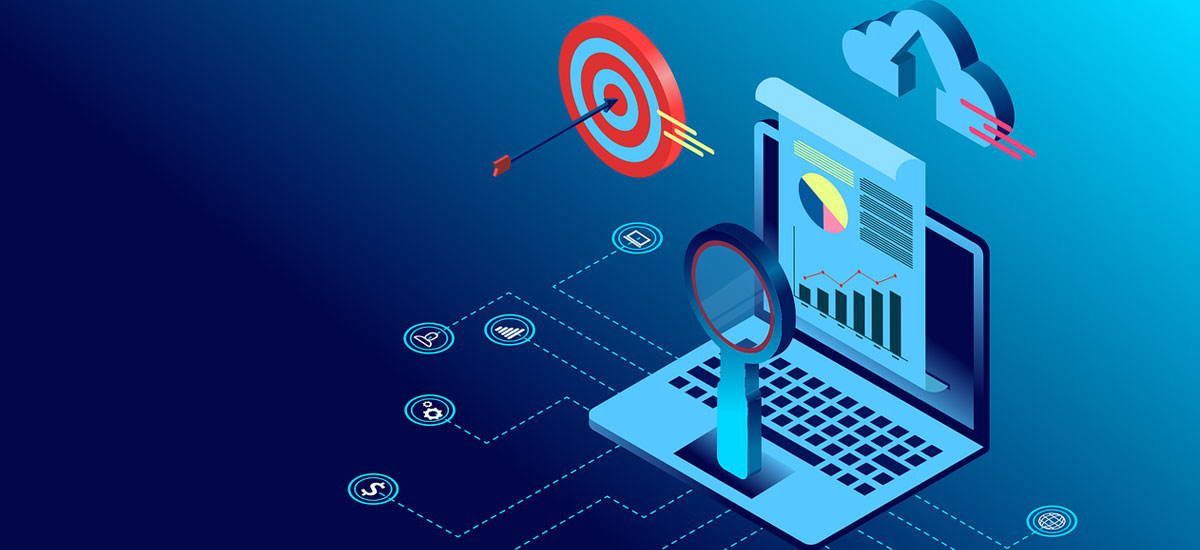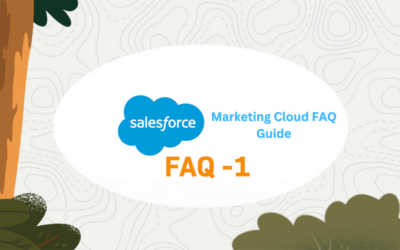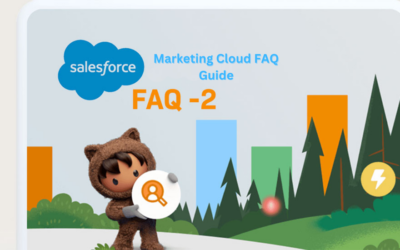1. Personalizing Emails with AMPScript in Email Studio: Email personalization is a cornerstone of effective marketing campaigns. Salesforce Marketing Cloud’s Email Studio provides a robust platform for creating and sending personalized emails. By utilizing AMPScript, a scripting language native to Marketing Cloud, businesses can dynamically insert personalized content into their email templates. Here’s how:
a. Dynamic Content Blocks: With AMPScript, businesses can create dynamic content blocks within email templates. By inserting AMPScript code in the template, marketers can tailor the content based on subscriber attributes, such as name, location, or purchase history. This enables highly personalized and relevant email experiences that resonate with recipients.
b. Conditional Content: AMPScript allows for conditional content, where different content blocks are displayed based on subscriber data. For example, businesses can display personalized product recommendations based on past purchases or showcase location-specific offers. This level of personalization enhances engagement and encourages recipients to take desired actions.
2. Personalizing Landing Pages with AMPScript in CloudPages: In addition to email personalization, Salesforce Marketing Cloud’s CloudPages provides an opportunity to personalize landing pages, driving a seamless customer journey. By leveraging AMPScript, businesses can dynamically customize landing pages based on subscriber data. Here’s how:
a. Variable Substitution: AMPScript enables variable substitution, where specific values are dynamically inserted into landing pages based on subscriber attributes. For example, businesses can personalize landing page headlines, greetings, or call-to-action buttons to align with each visitor’s preferences or profile information. This personalized touch enhances the overall customer experience and encourages engagement.
b. Form Pre-Filling: With AMPScript, businesses can pre-fill form fields on landing pages, simplifying the user experience and minimizing friction. By leveraging subscriber data, businesses can automatically populate fields such as name, email, or address, saving visitors time and effort. This personalized approach streamlines the conversion process and increases the likelihood of form submissions.
3. Creating Specific Data Segments with Data Extensions in Contact Builder: Data segmentation is a fundamental aspect of personalization in Salesforce Marketing Cloud. Contact Builder provides robust functionality for creating and managing data segments using Data Extensions. Here’s how businesses can leverage Data Extensions for personalization:
a. Relevant Data Capture: By capturing relevant customer data and storing it in Data Extensions, businesses can build a comprehensive profile of each contact. This includes information such as demographics, preferences, purchase history, and engagement data. This rich dataset forms the foundation for targeted and personalized marketing campaigns.
b. Segmentation Rules: Using Contact Builder, businesses can define segmentation rules based on specific criteria, enabling the creation of highly targeted segments. For instance, businesses can segment customers based on geographic location, past purchases, or engagement levels. This allows for tailored messaging and targeted offers that resonate with each segment’s needs and preferences.
4. Harnessing Journey Builder for Personalized Customer Journeys: Salesforce Marketing Cloud’s Journey Builder provides a powerful tool for creating personalized customer journeys. By combining automation and personalization, businesses can deliver customized experiences based on individual interactions and preferences. Here’s how Journey Builder facilitates personalization:
a. Event-Driven Triggers: Journey Builder allows businesses to trigger personalized journeys based on specific customer events or actions. For example, businesses can design journeys that trigger when a customer completes a purchase, abandons a cart, or subscribes to a newsletter. These automated journeys deliver tailored messaging and experiences that resonate with each customer’s behavior.
b. Decision Splits and Dynamic Content: Journey Builder enables decision splits, where the path of the journey can diverge based on customer attributes or behaviors. By leveraging dynamic content blocks within journeys, businesses can deliver personalized messages to different segments, ensuring relevant and engaging experiences throughout the customer journey.
Personalization is key to building meaningful connections with customers, and Salesforce Marketing Cloud provides a wealth of technical capabilities to achieve this goal. By leveraging AMPScript in Email Studio and CloudPages, businesses can personalize emails and landing pages with dynamic content, tailored to individual subscribers. Utilizing Data Extensions in Contact Builder allows for the creation of specific data segments, enabling targeted messaging and personalized campaigns. Furthermore, Journey Builder empowers businesses to create automated, personalized customer journeys based on individual interactions and preferences. CRM Force, with its expertise in Salesforce Marketing Cloud setup and optimization, can assist businesses in harnessing these technical strategies to drive higher engagement and deliver exceptional personalized experiences to their customers.





